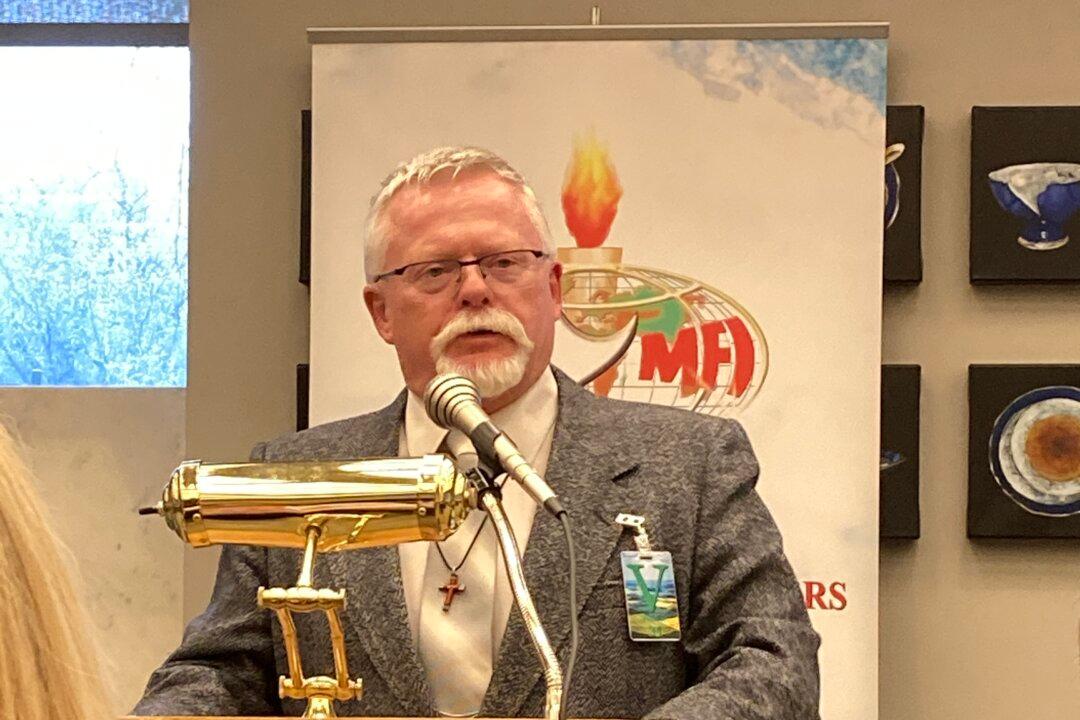At his 25th wedding anniversary, Winnipegger Randy Makinson thought he had it all: a long happy marriage, the joys of children, and a well-paying job fixing race car engines. But soon his wife left him, sending him into a spiral of loneliness and drug addiction that cost him his job and nearly his life.
The good news is that things started to turn around about five years later. He credits it to a faith-based addiction recovery program in Saskatchewan. This is where he’s worked and what he’s dedicated his life to for some 13 years now, after completing the program, having switched from a job rebuilding engines to one helping others rebuild their lives.





